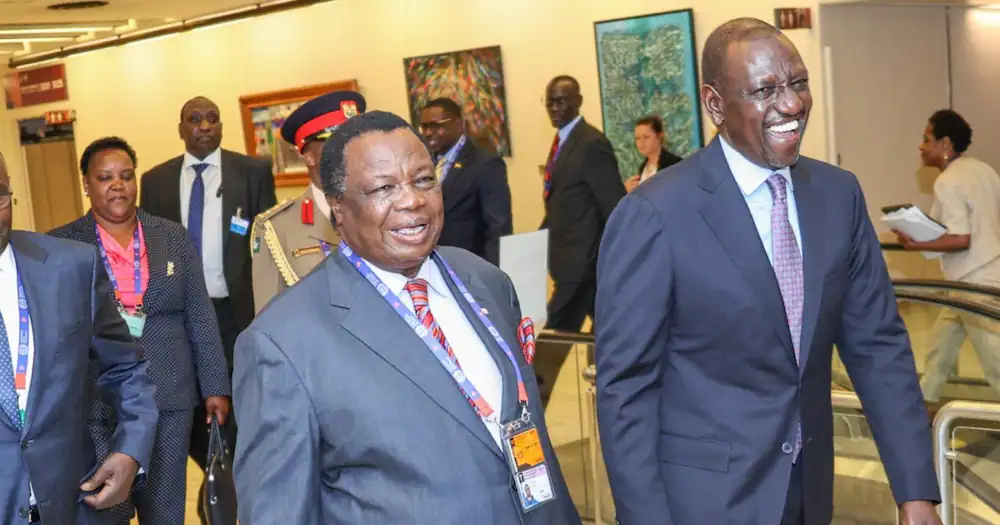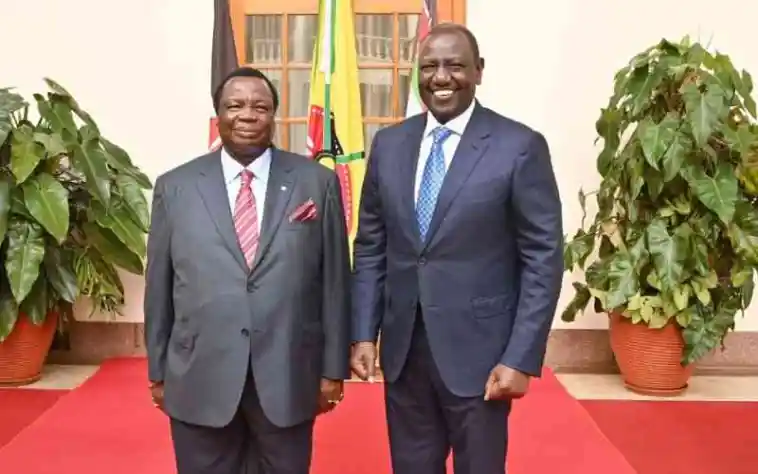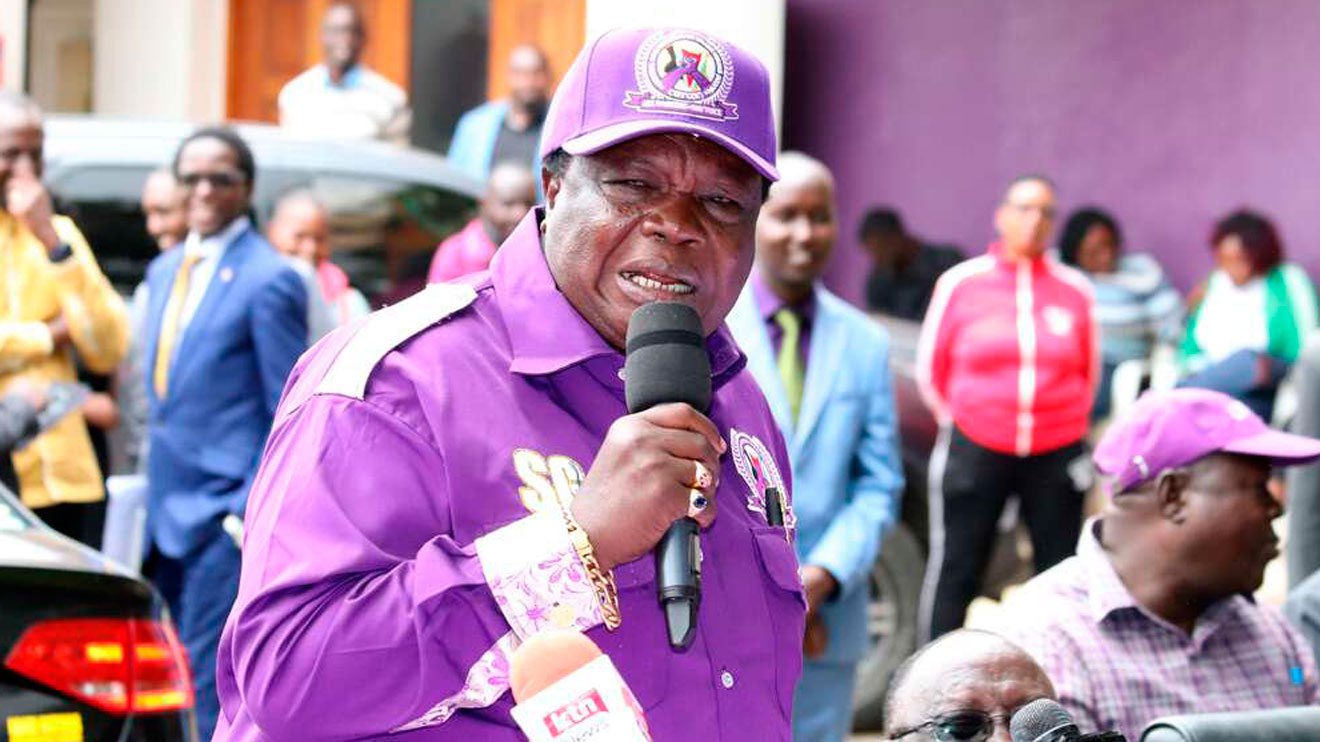President William Ruto has gazetted the names of seven members who will be in charge of hiring the new Director of Public Prosecutions (DPP).
The President listed Francis Atwoli, the Central Organization of Trade union secretary general (COTU), as one of the panellists in a gazette notice.
Richard Onsongo Bush Obwocha (a former candidate for the position of DPP), Mary W. Kimonye, Mary Adhiambo Maungu, Attorney General Shadrack Mose, and Ethics and Anti-Corruption CEO Twalib Abdallah Mbarak are also on the panel.
Following Mr Noordin Haji's presidential nomination as Director General of Kenya's National Intelligence Service, the position of DPP fell vacant.

Did you read this?
Mr Dorcus Oduor, Mr Haji's assistant, currently holds the role in an acting capacity.
According to the legislation, the Director of Public Prosecutions' authority may be used personally or by subordinate officers following general or specific directives.
The requirements for appointment as a High Court judge also apply to this position.
Following Chapter 157 of the Constitution, the Director of Public Prosecutions may order the Inspector-General of the National Police Service to look into any information or accusation of criminal activity, and the Inspector-General is obligated to follow any such order.
The eight-year term of office for the Director of Public Prosecutions is fixed, and this position is not subject to reappointment.

The Director of Public Prosecutions also acts as the State's prosecutor. He has the authority to bring criminal charges against any person in any court (other than a court of martial) for any alleged crime. With that person's consent or authority, the Director of Public Prosecutions may also take over and carry on any criminal cases that have already been brought or are being prosecuted in any court (other than a court of martial).









